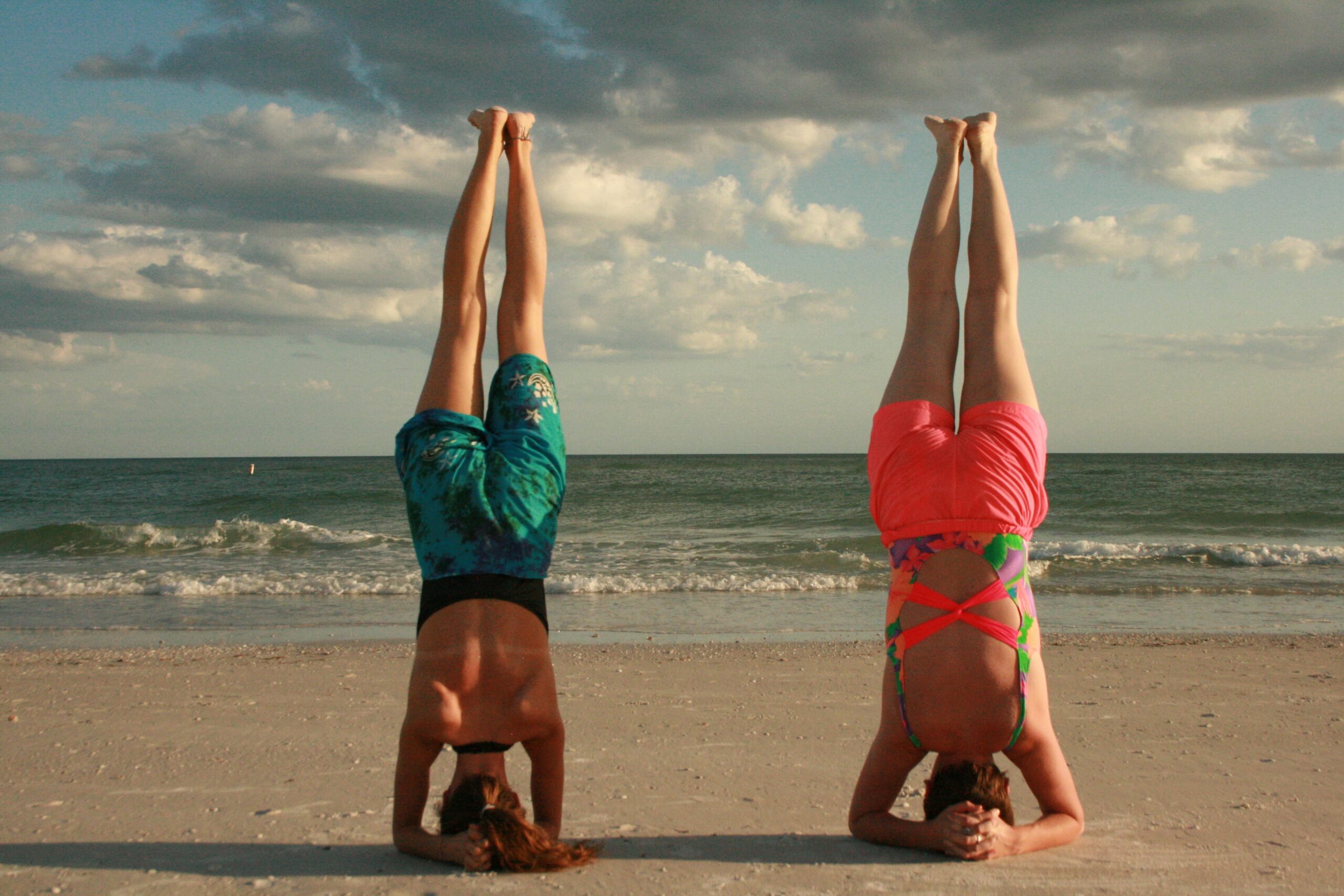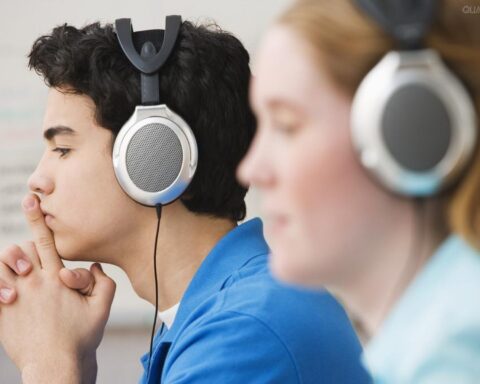What happens in the body when we are upside down?
Your blood pressure rises and the heart rate reduces. While it may have various benefits, I do not recommend for people with special conditions, such joint and bone issues- fractures, herniated disk, or spinal injuries.
Does this change in blood flow boost cognitive function in any way?
Yes. Going upside down increases oxygenated blood flow to the brain. This makes the brain feel livelier. Doing it more increases oxygen consumption by the brain, thus heightening cognitive function.
Are there any other health benefits of a short inversion? (back pain relief? Improved joint health? Better posture? improved concentration/focus?)
Of course, yes. Inversions are great for;
Back pain reduction
Research suggests that inversion therapy at 60 degrees can lower back pain by 8 weeks of practice. Individuals can also do it to enhance strength and flexibility.
Reduces surgery need
A study indicates that the inversion nature has zero gravity and can limit compression. It also said that inversion can prevent risking back issues, thus reducing chances or the need of spinal surgery.
Better flexibility
Small spinal movements during inversion can improve body strength, making it easier to bend and reach. Your posture also becomes better, thus helpful if you work while sitting for long hours.
What health warnings would you give, i.e. limit inversions to 2mins? Who shouldn’t spend time upside down? What physical signs mean you should get out of your inverted position?
Patients with circulation illnesses, hypertension, and retinal problems should avoid the inversion practice because of the increased blood pressure and reduced heart rate involved. I also urge healthy individuals practicing it to avoid going on the pose beyond two minutes at a time to reduce the risk.
- Chickpeas vs. Garbanzo Beans: What’s the Difference? - April 19, 2024
- How to Manage or Improve Anxiety - September 21, 2023
- The birth of a company - July 29, 2023







